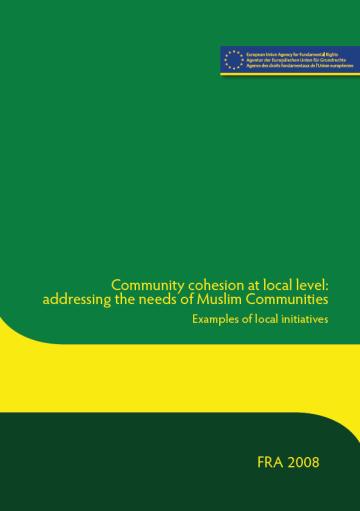L'articolo 4 del protocollo n. 7 della CEDU recita:
`1. Nessuno può essere perseguito o condannato penalmente dalla giurisdizione dello stesso Stato per un reato per il quale è già stato assolto o condannato a seguito di una sentenza definitiva conformemente alla legge ed alla procedura penale di tale Stato.
2. Le disposizioni del paragrafo precedente non impediscono la riapertura del processo, conformemente alla legge ed alla procedura penale dello Stato interessato, se fatti sopravvenuti o nuove rivelazioni o un vizio fondamentale nella procedura antecedente sono in grado di inficiare la sentenza intervenuta.
3. Non è autorizzata alcuna deroga al presente articolo ai sensi dell'articolo 15 della convenzione.`.
La regola `ne bis in idem` si applica nel diritto dell'Unione (cfr., in una vasta giurisprudenza, la sentenza del 5 maggio 1966, Gutmann/Commissione, cause 18/65 e 35/65, Racc. 1966, pag. 150 e, per una causa recente, la sentenza del Tribunale di primo grado del 20 aprile 1999, cause riunite T-305/94 e altre, Limburgse Vinyl Maatschappij NV e a./Commissione, Racc. 1999, pag. II-931). Va precisato che la regola che vieta il cumulo si riferisce al cumulo di due sanzioni della stessa natura, nella fattispecie penali.
Ai sensi dell'articolo 50, la regola `ne bis in idem` non si applica solo all'interno della giurisdizione di uno stesso Stato, ma anche tra giurisdizioni di più Stati membri. Ciò corrisponde all'acquis del diritto dell'Unione; cfr. articoli da 54 a 58 della convenzione di applicazione dell'accordo di Schengen, sentenza della Corte di giustizia, dell' 11 febbraio 2003, causa C-187/01 Gözütok (Racc. 2003, pag. I-1345), articolo 7 della convenzione relativa alla tutela degli interessi finanziari delle Comunità europee e articolo 10 della convenzione relativa alla lotta contro la corruzione. Le eccezioni, molto limitate, per le quali dette convenzioni consentono agli Stati membri di derogare alla regola `ne bis in idem` sono disciplinate dalla clausola orizzontale dell'articolo 52, paragrafo 1, sulle limitazioni. Per quanto riguarda le situazioni contemplate dall'articolo 4 del protocollo 7, vale a dire l'applicazione del principio all'interno di uno Stato membro, il diritto garantito ha lo stesso significato e la stessa portata del corrispondente diritto sancito dalla CEDU.

